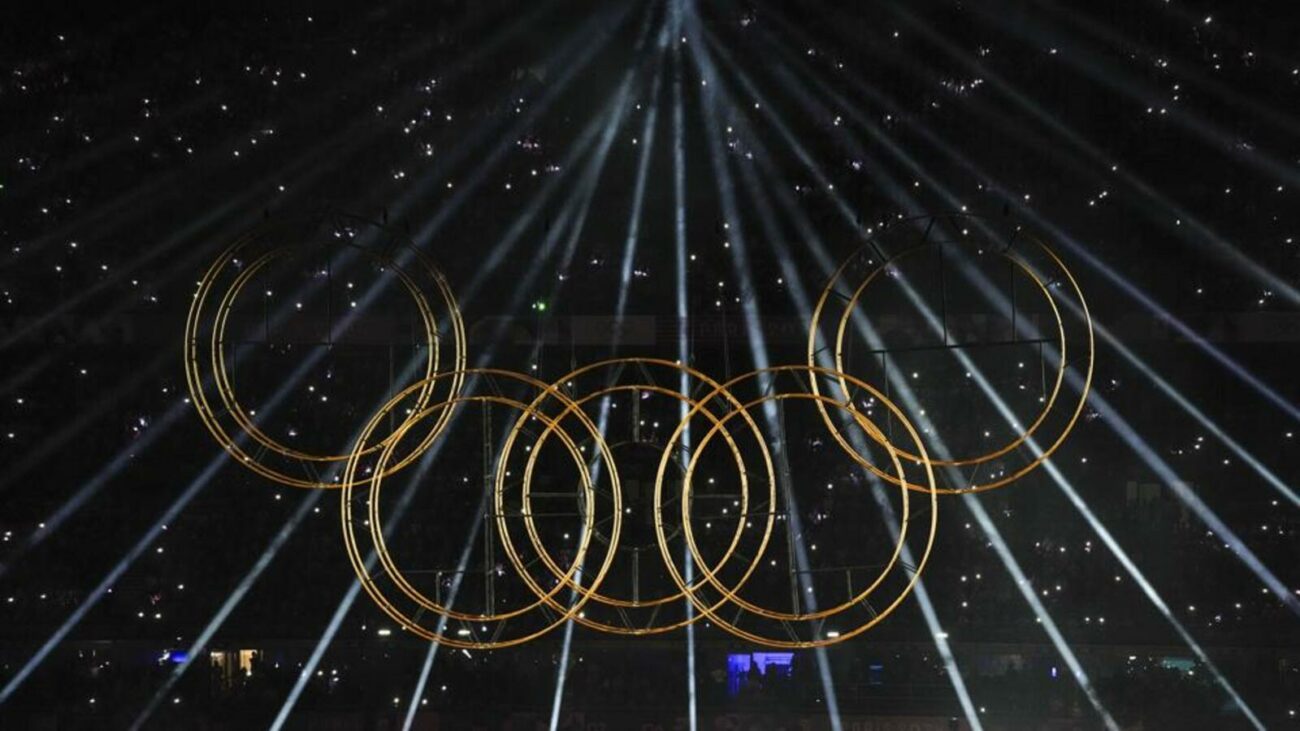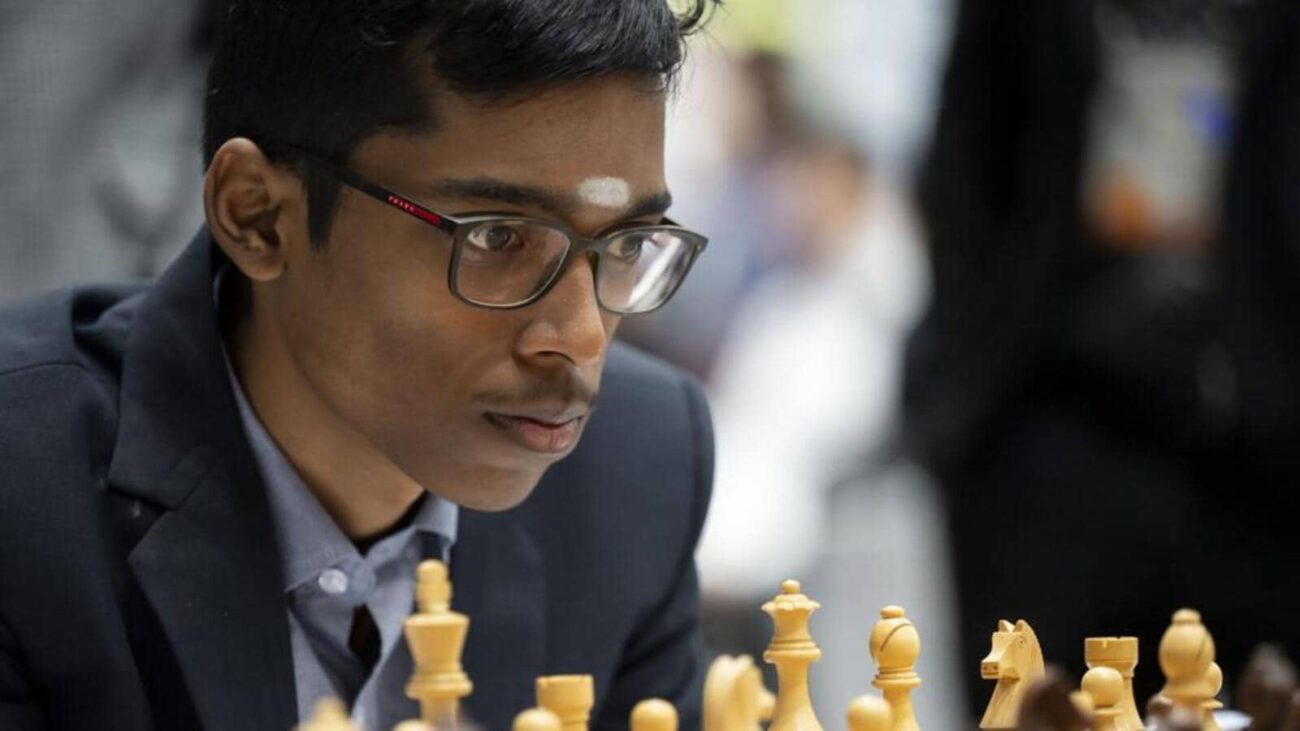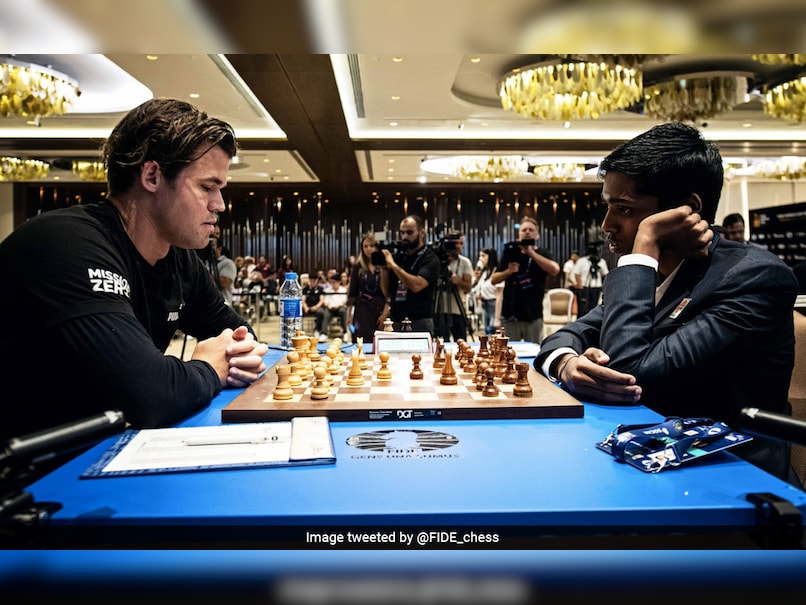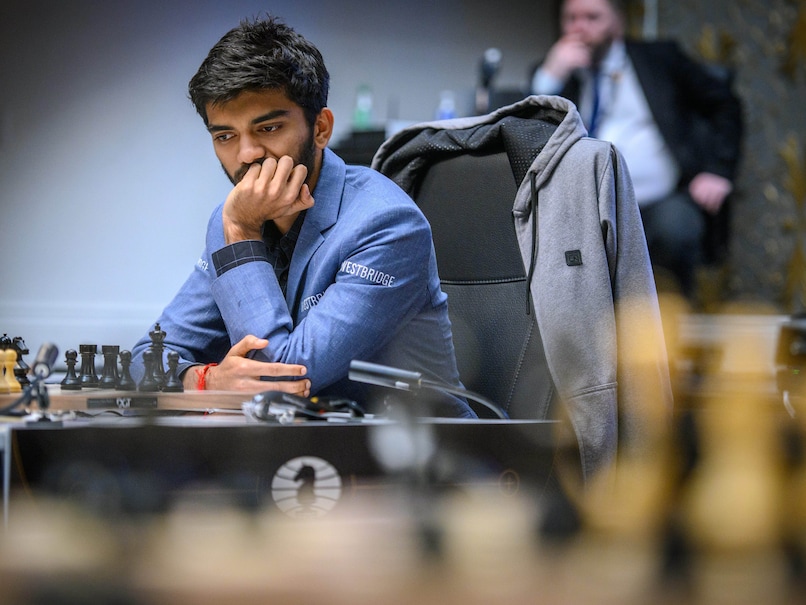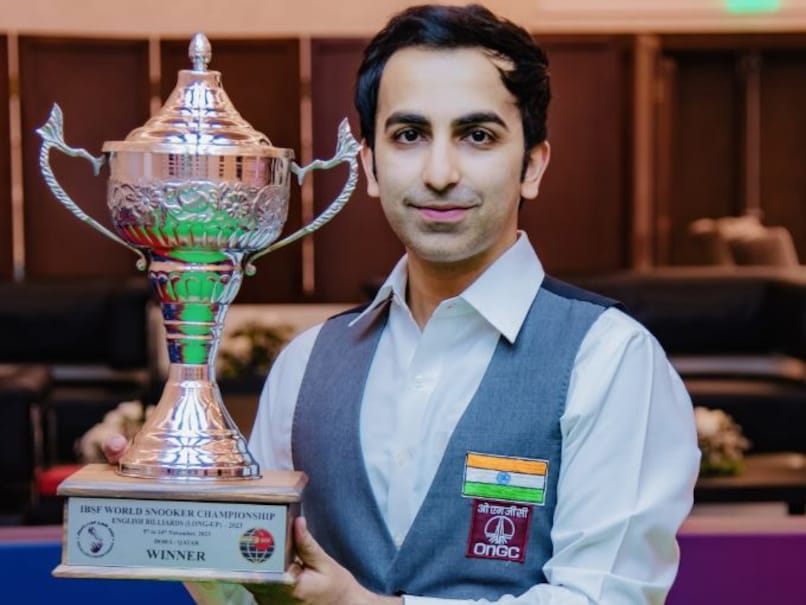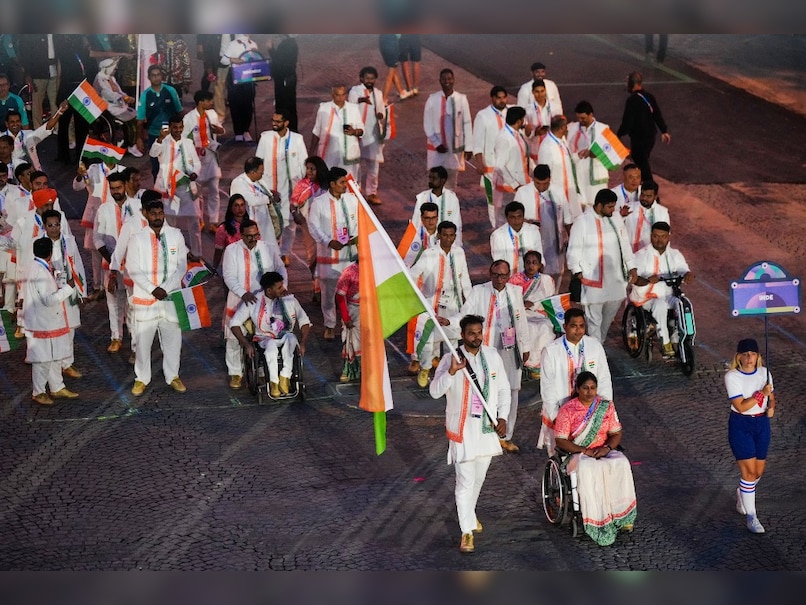India’s performance at the Paris Olympics, while marked by some notable achievements, also highlighted the need for a comprehensive system to foster sporting excellence. Despite Manu Bhaker’s medals and Neeraj Chopra’s silver, India’s overall medal tally of six (including four bronze) fell short of expectations.
The post-Games analysis has focused on the failure to win more medals, but it is crucial to examine the methods available in India to ensure sporting success. A clear pathway and system must be established to identify, nurture, and develop young athletes.
Australia’s national swimming squad provides a model for such a system. They establish relationships with clubs and states, identifying talent early and providing them with specialized training and support. They focus on stroke-specific development and seek athletes with a competitive mindset.
India’s lack of a comprehensive system was evident in the case of Vinesh Phogat, whose weight management issues marred her Olympic hopes. The absence of accountability and responsibility for such failures is a major concern.
The boxing federation also faced challenges due to coaching issues, highlighting the need for transparency and accountability in sports administration.
While national camps and exposure trips are important, they are not sufficient. Athletes like Jeswin Aldrin and Shaili Singh have struggled despite their talent, indicating a lack of options for athletes to seek alternative coaching or training environments.
The Indian men’s hockey team’s bronze medal demonstrated the importance of fitness, discipline, and teamwork. However, India needs to develop systems that consistently produce champions to make bidding for the 2036 Olympics meaningful.

